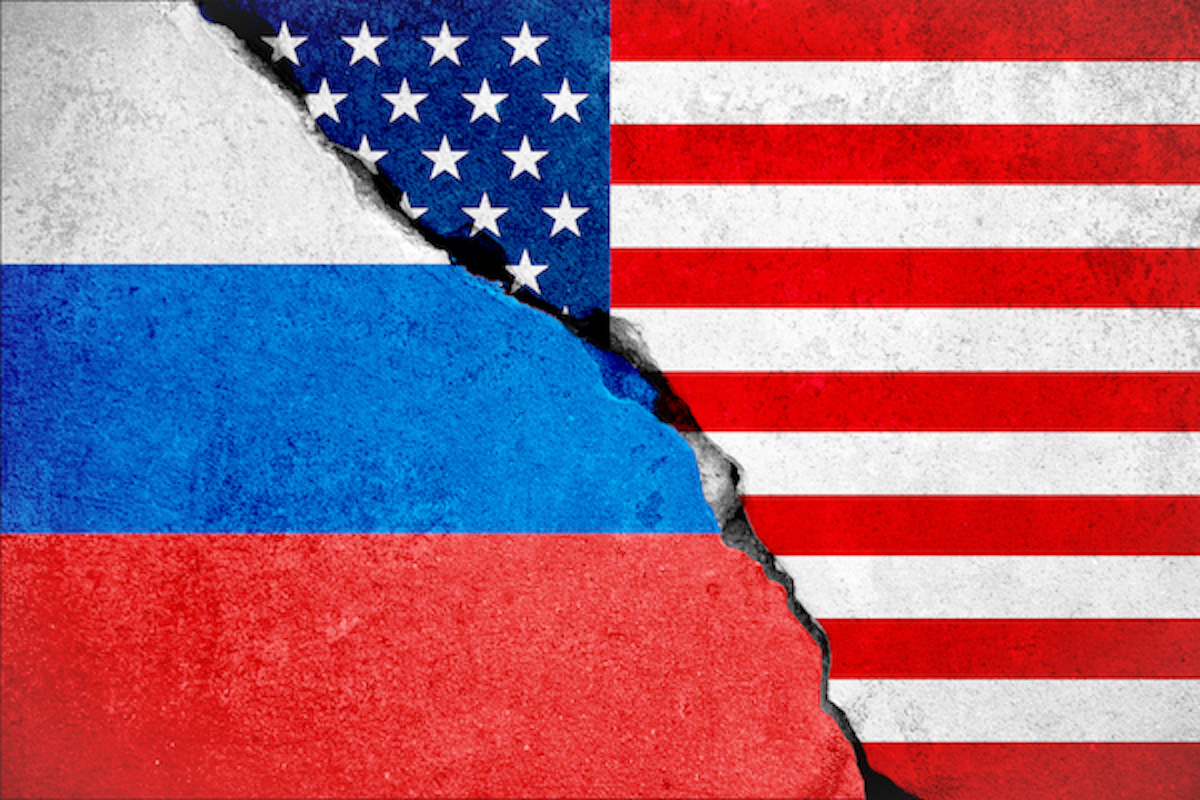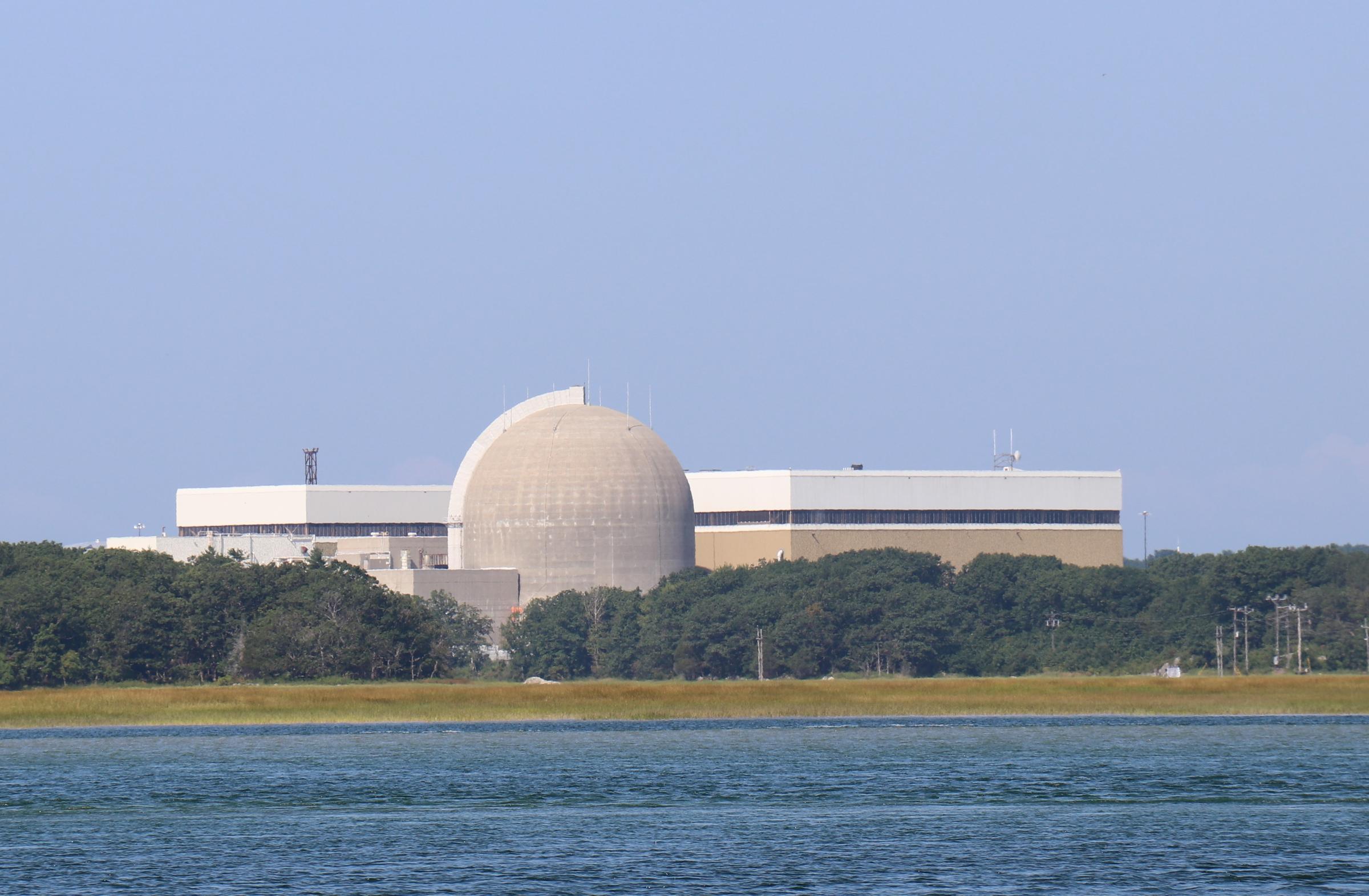
As geopolitical tensions escalate between the United States and Russia amid Moscow’s invasion of Ukraine, a legislative move to ban the purchase of Russian enriched uranium for American nuclear reactors has sparked a complex dilemma. The Prohibiting Russian Uranium Imports Act, recently passed by the US House of Representatives, aims to curb Russia’s state nuclear corporation, Rosatom. However, the move underscores the intricate web of dependencies, historical decisions, and the urgent need for a strategic exit plan to secure the United States’ energy future.
Current Legislative Landscape:
The Prohibiting Russian Uranium Imports Act, approved by the House, seeks to eliminate the purchase of enriched Russian uranium for American nuclear reactors. The legislation imposes a 90-day ban after enactment, with a temporary waiver until January 2028. The bill awaits Senate approval and President Joe Biden’s signature to become law, introducing uncertainty regarding the timeline for implementation.
Historical Dependency and Moral Considerations:
Despite the sanctions imposed on Russian oil and gas, enriched uranium used in 92 American nuclear reactors has evaded legislative action until now. The delay raises moral questions, particularly as Rosatom played a role in the takeover of the Zaporizhzhia nuclear power plant in Ukraine, complicating the security of the station amid active military conflict. The vulnerability of such critical infrastructure in a war zone underscores the need for a reassessment of the United States’ reliance on Russian uranium.
Dependency Statistics and Risks:
Russia has consistently been the primary supplier of enriched uranium to the United States, accounting for almost a quarter of nuclear fuel used in American commercial reactors. This dependence extends beyond the U.S., with numerous NATO-aligned nations relying on Russian enriched uranium. The risk of potential disruptions due to geopolitical tensions, exemplified by the Russian shutdown of enriched uranium sales, adds a layer of vulnerability to the nation’s current and future nuclear plants.
Challenges in Breaking Dependency:
Decades-long reliance on Russian supplies, coupled with a lack of domestic enrichment capabilities, presents a formidable challenge in breaking free from dependency. The Megatons to Megawatts program, initiated in the 1990s, significantly contributed to the proliferation of Russian uranium stocks in the U.S. Consequently, domestic enrichment facilities became economically unviable and were eventually shuttered. The current situation leaves the U.S. with limited options, including a tight deadline for expansion of uranium enrichment facilities and the daunting task of finding alternative suppliers by 2028.
Legislative Responses and Exit Strategies:
Senators like Joe Manchin III and John Barrasso advocate for the banning of Russian uranium sales in the U.S., highlighting the geopolitical leverage President Vladimir Putin gains through energy-related strategies. The proposed $2.2 billion allocation for expanding domestic uranium enrichment facilities aims to address the current void. However, the challenge lies in the limited time available for nuclear power plants to transition to alternative suppliers.
Potential Alternatives and International Collaborations:
As the U.S. navigates the complexities of extricating itself from Russian supply chains, potential alternatives include the American Centrifuge Company and foreign suppliers like France and Urenco. Collaborative efforts with Urenco’s plant in New Mexico, set to expand production by 2025, present a promising avenue for securing non-Russian fuel.
The United States finds itself at a crossroads, grappling with the imperative to disentangle from Russian enriched uranium supplies amid geopolitical tensions. As legislative measures and strategic investments are initiated to build domestic capacity, a comprehensive exit strategy is crucial. Balancing short-term concerns with long-term energy security requires careful consideration, international collaboration, and a proactive approach to mitigate the risks associated with geopolitical uncertainties. Bellona’s commitment to reporting and analyzing these strategies underscores the importance of envisioning a nuclear market free from Rosatom’s influence.





